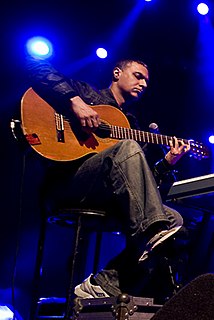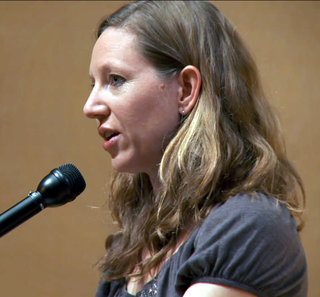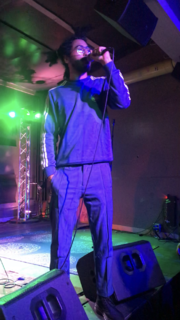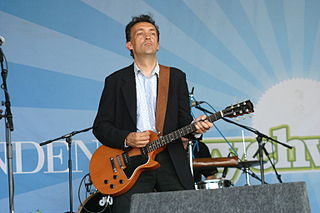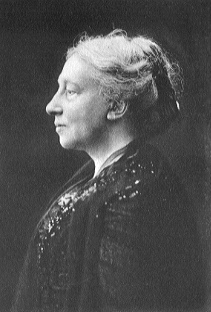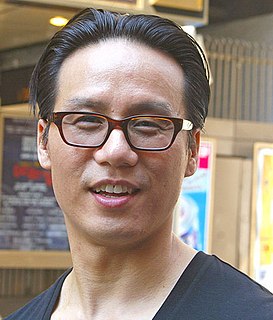A Quote by Uzodinma Iweala
I love playing with language and the rhythm of language - for some reason, this seems so much easier for me to do when I get to make things up than when writing nonfiction.
Related Quotes
The politics of language and the politics of writing really got to me. I've heard this phrase more than once now: this idea of the poetry wars, or the idea that people within the space of writing are at odds with one another or manipulating language to further one's political stance, manipulating language in ways that really felt dirty to me. All of these things worked their way into and through language for me.
I love language. It doesn't bother me that its effects are partial. To me that is very sanity-producing. It would be weird if the effects of language were more than partial, if your whole life existed within your texts. That would be much scarier to me than language being an inadequate tool to represent.
There was a language in the world that everyone understood, a language the boy had used throughout the time that he was trying to improve things at the shop. It was the language of enthusiasm, of things accomplished with love and purpose, and as part of a search for something believed in and desired.



